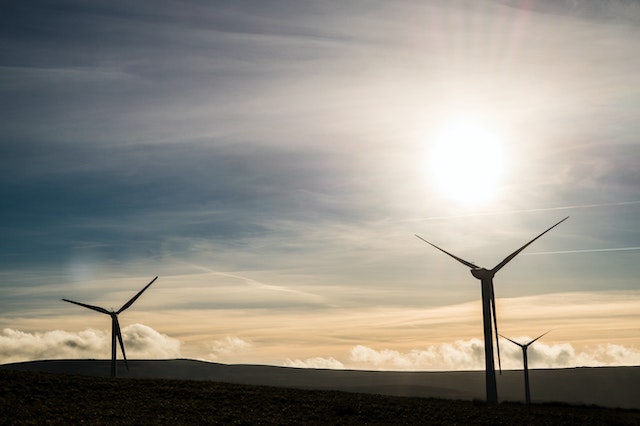Energy-efficient construction practices in China offer a multitude of benefits that extend beyond environmental sustainability. Let’s delve into the key advantages of embracing energy-efficient construction: 1. Reduced Energy Consumption: Energy-efficient buildings consume significantly less energy compared to conventional buildings. By integrating energy-efficient design principles, technologies, and materials, buildings can achieve substantial reductions in energy
Energy-efficient construction practices in China offer a multitude of benefits that extend beyond environmental sustainability. Let’s delve into the key advantages of embracing energy-efficient construction:
1. Reduced Energy Consumption: Energy-efficient buildings consume significantly less energy compared to conventional buildings. By integrating energy-efficient design principles, technologies, and materials, buildings can achieve substantial reductions in energy consumption. This not only lowers carbon emissions but also contributes to energy security by reducing reliance on fossil fuels.
2. Cost Savings: Energy-efficient buildings can lead to substantial cost savings over their lifespan. Through measures like efficient insulation, advanced HVAC systems, and smart energy management, buildings can lower energy bills and operational expenses. The initial investment in energy-efficient technologies is often offset by long-term energy savings, resulting in a positive return on investment.
3. Improved Indoor Comfort: Energy-efficient buildings prioritize thermal comfort, indoor air quality, and lighting conditions. Proper insulation, high-performance windows, and efficient HVAC systems create a comfortable indoor environment year-round. Additionally, natural daylighting and ventilation strategies can enhance occupant well-being, productivity, and overall satisfaction.
4. Enhanced Resilience: Energy-efficient buildings are designed to withstand and adapt to changing environmental conditions. They are better equipped to handle temperature extremes, reduce reliance on external energy sources during power outages, and mitigate the impact of climate-related events. This resilience contributes to the long-term sustainability and livability of buildings.
5. Greenhouse Gas Emission Reduction: Buildings are significant contributors to greenhouse gas emissions, and energy-efficient construction plays a crucial role in reducing this impact. By employing energy-efficient design and utilizing renewable energy sources, buildings can significantly lower their carbon footprint, helping China achieve its climate goals and commitments.
6. Job Creation and Economic Growth: The adoption of energy-efficient construction practices creates new opportunities for skilled workers and professionals in the green building sector. As the demand for energy-efficient technologies and services increases, it stimulates economic growth, innovation, and the development of a sustainable workforce.
7. Positive Public Image: Energy-efficient buildings demonstrate a commitment to sustainability and environmental stewardship. Developers, owners, and occupants of energy-efficient buildings can benefit from a positive public image and market differentiation. Green building certifications and labels can further enhance a building’s reputation and attract environmentally conscious tenants or buyers.
8. Health and Well-being: Energy-efficient buildings prioritize indoor environmental quality, which has a direct impact on occupants’ health and well-being. Improved ventilation, reduced exposure to toxins, and better lighting conditions contribute to a healthier indoor environment, reducing the risk of respiratory issues, allergies, and other health concerns.
9. Long-Term Asset Value: Energy-efficient buildings tend to have higher market value and increased demand compared to conventional buildings. As energy efficiency regulations and consumer preferences evolve, energy-efficient buildings are likely to be more attractive to investors and retain their value over time.
10. Leadership in Sustainability: By embracing energy-efficient construction, China can position itself as a global leader in sustainable development. Demonstrating commitment to energy efficiency and environmental responsibility can enhance the country’s reputation, foster international collaborations, and inspire other nations to adopt similar practices.
The benefits of energy-efficient construction in China extend beyond immediate environmental gains. They encompass economic, social, and health advantages that contribute to a more sustainable and prosperous future. By prioritizing energy-efficient design, construction, and operation, China can make significant strides in creating a greener and more resilient built environment.

















Leave a Comment
Your email address will not be published. Required fields are marked with *